- Home
- Addiction Detox
- Alcohol Detox
- Librium-Based Alcohol Detox
Librium-Based Alcohol Detox
Having an addiction can be very difficult, and choosing to get help can also be a hard step.
When you decide to get help, one of the most difficult things you can go through is a withdrawal.
As such, it’s so important that if you go through withdrawal, you have a set detoxification process that can help have a successful recovery.
What Is An Alcohol Addiction?
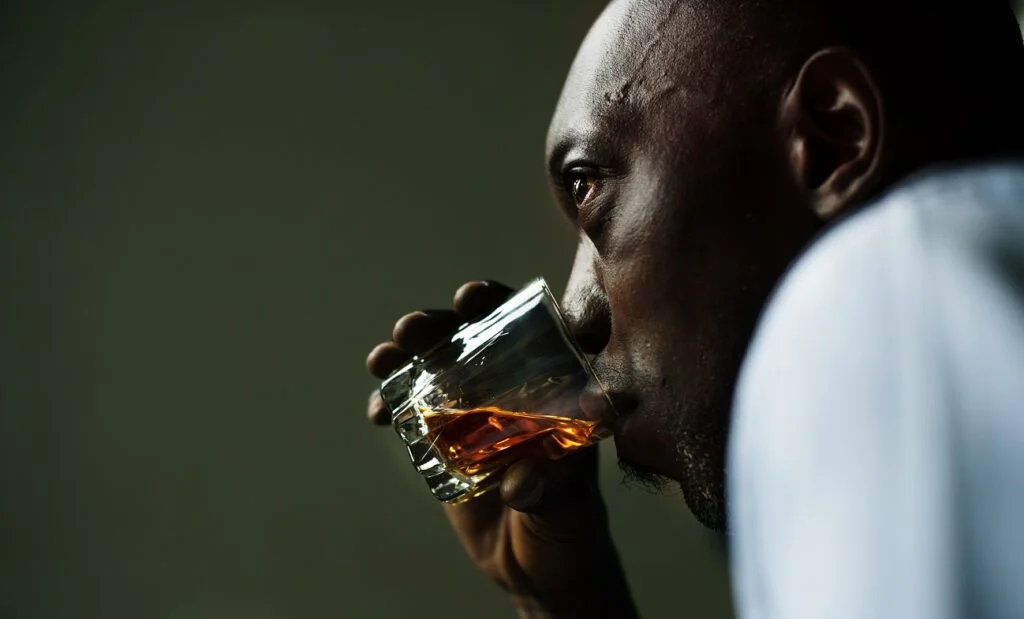
An alcohol addiction is where someone is drinking large amounts of alcohol regularly.
Someone with an addiction may also do the following things:
- Become secretive about their drinking
- Have intense cravings for alcohol
- Sweating
- Shaking
- Insomnia
- Withdraw from events where alcohol isn’t served
- Need more alcohol to “feel” the effects
- Having financial difficulties
In the United Kingdom, alcohol addiction is a serious issue as well.
There is a heavy drinking culture and research has found that between 2020 – 2021 alone 76,740 people were in treatment for an alcohol addiction.
What Is An Alcohol Detox?
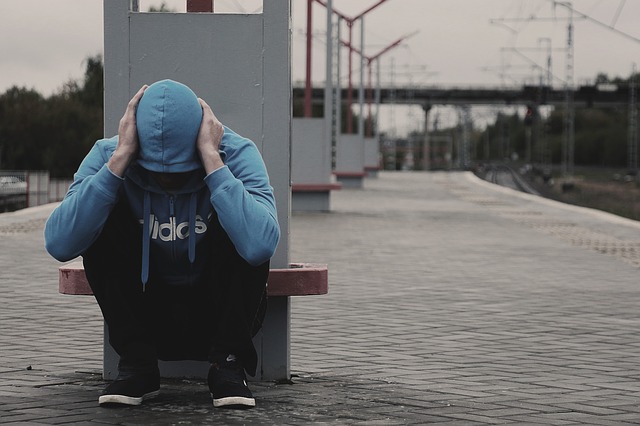
An alcohol detoxification – or alcohol detox for short – is something you go through once you’re in recovery.
There are usually four – five stages of recovery:
Detoxification falls into the middle section of your recovery, and during this time you will be treated for any withdrawal symptoms you may get.
As alcohol is an addictive and dangerous substance, if you have been drinking it regularly your body may experience some side effects when you stop.
Due to the above, it’s important that you go through detoxification with medical professionals so that they can treat any severe withdrawal symptoms.
Librium: What It Is And What It Does
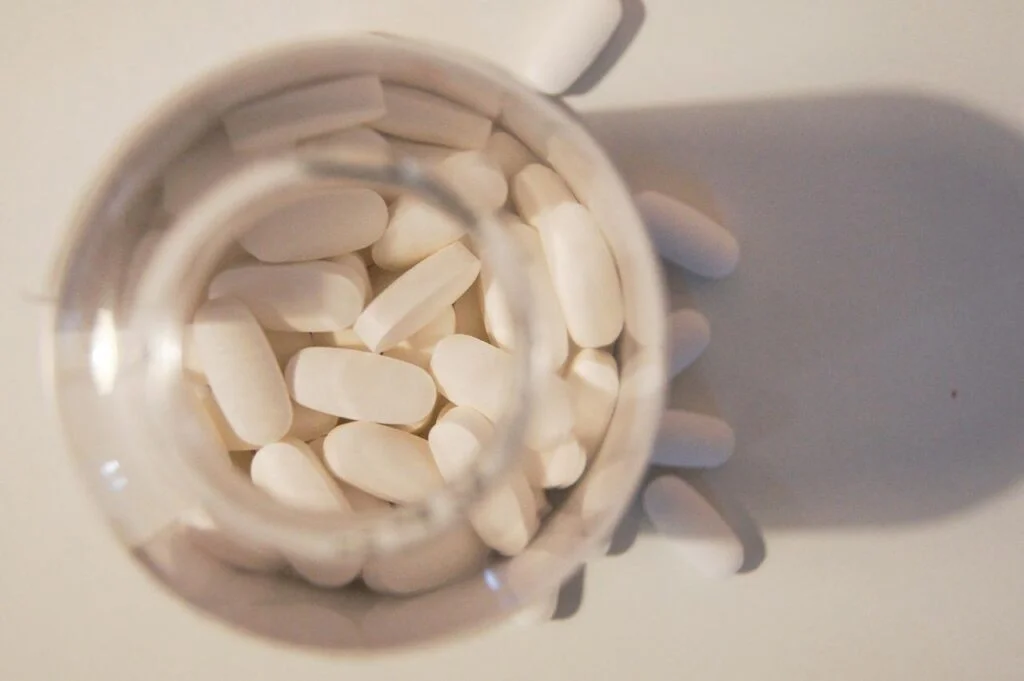
If you have an alcohol addiction, you may have been prescribed Librium, also known as chlordiazepoxide.
Librium is a type of medication known as a benzodiazepine and is designed to make you feel calm.
It does this by effecting the part of your brain where the central nervous system is, and enhancing naturally-occurring chemicals to produce the calming feeling.
It looks like a small pill, and a doctor may recommend that you take a certain amount to manage an addiction.
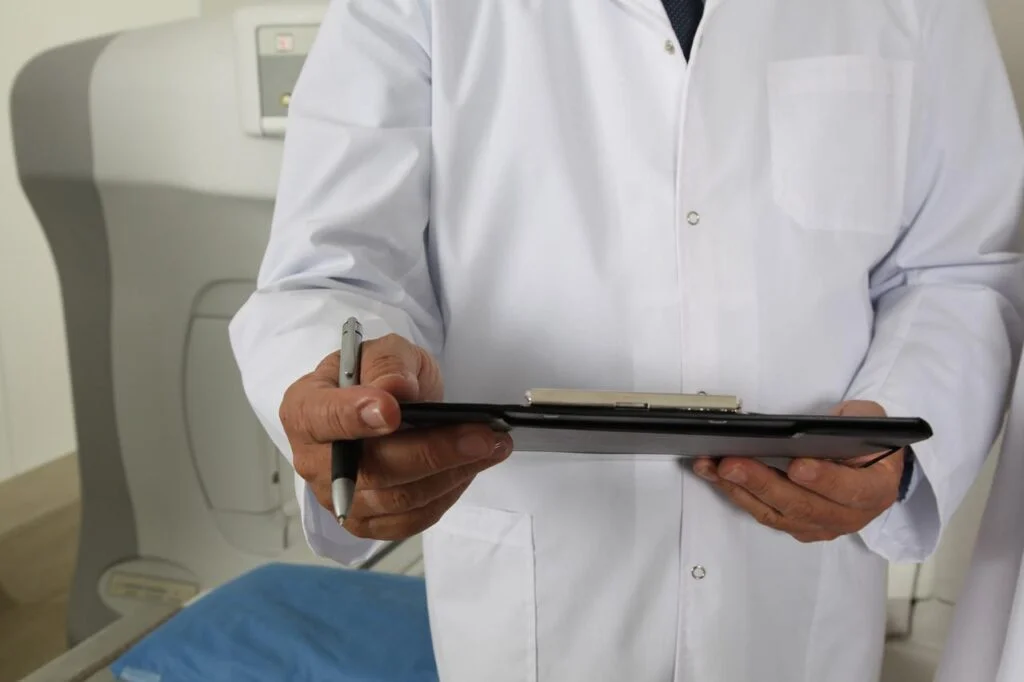
Of course, Librium does treat other illnesses and symptoms and it should only be taken after a discussion with a doctor.
Unlike other medications such as naltrexone, disulfiram and acamprosate, this medication is considered to have addictive properties.
Due to this, if you happen to be prescribed this medication it’s essential to follow the exact dosage from your doctor or a medical professional.
It should also be noted that if you have already been diagnosed with a substance abuse disorder, it is unlikely that Librium would be used given its addictive properties.
What Do I Do If I’m Prescribed Librium?
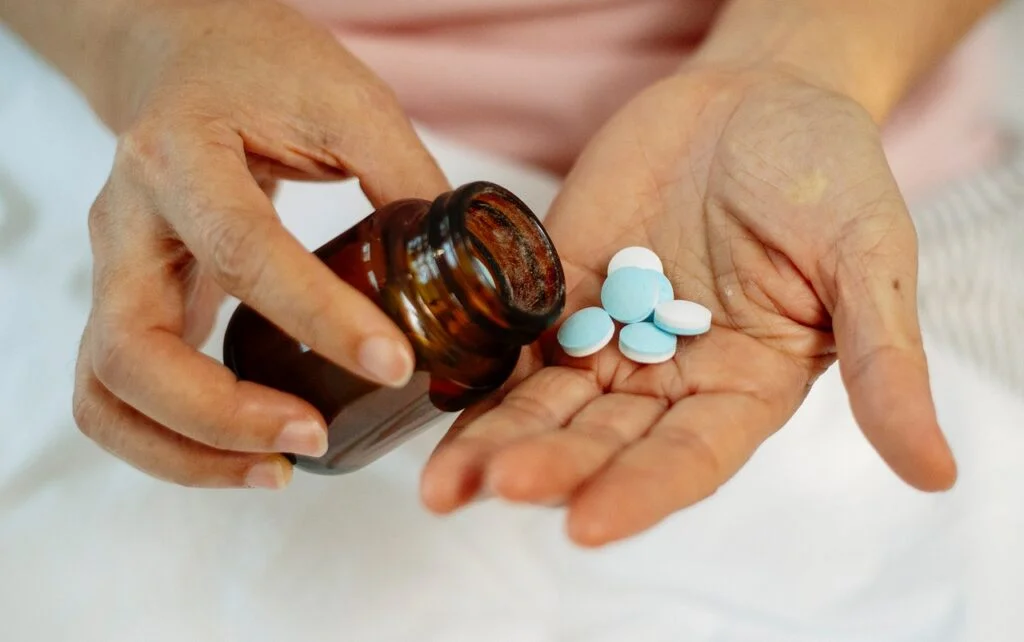
If you think you may be prescribed Librium, it’s important to discuss the following with your doctor:
- If you have an opiate or alcohol addiction
- If you suffer from depression or have a history of it
- Suffer any issues with your kidneys or liver
- If you are pregnant
Following the above, the above, the doctor may prescribe a different medication.
If you haven’t suffered from the above and the doctor advises that you should take Librium, then you should follow medical guidance to take it.
Ensure that you do not take more than the recommended dosage or for longer than the doctor has advised.
In addition to this, it’s important that you consult with a medical professional if you begin to feel any cravings around Librium.

Most of the time, Librium is only taken for a short period.
If you happen to take more than the recommended dose of Librium, please seek medical intervention as soon as possible.
This is because you could be at risk of an overdose.
However, if you skip a dose than there should be no major side effects.
What Happens Is Librium Is Used For An Alcohol Detox?

When you undergo an alcohol detox, you will be prescribed medication dependent on how severe your addiction is.
Addiction professionals are dedicated to ensuring that your withdrawal goes as smoothly as possible and you come out of it ready to tackle your addiction once and for all.
Withdrawal and detoxification for alcohol can be very difficult, no matter what medication you use.
During your assessment period it will be determined what medication is right for you and which could help you the most.
Usually, the more severe your symptoms are for an alcohol addiction, the more powerful your prescription.
If you are prescribed Librium, it will also be considered precisely how much you take and for how long, dependent on how severe the experts believe your withdrawal will be.
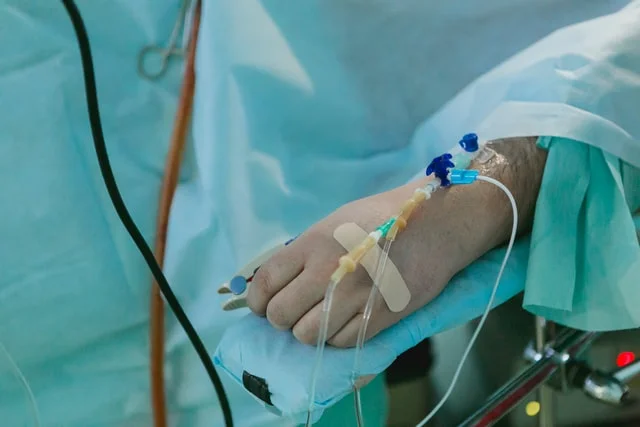
Alcohol addiction can impact anyone, but the withdrawal process can be deadly if you don’t get the right help.
If you are prescribed Librium and advised to take a higher dosage, it likely means that your withdrawal symptoms are suspected to be severe.
It should be noted that Librium will not cure your addiction, nor will it completely stop all the effects of withdrawal.
Instead, it will simply make the withdrawal process much easier.
You may still experience some of the effects of withdrawal such as:
- Depression
- Tiredness
- Nausea
- Anxiety
Any worthwhile rehab service will ensure that you are fully supported throughout this stage.
Does Librium Have Any Side Effects?
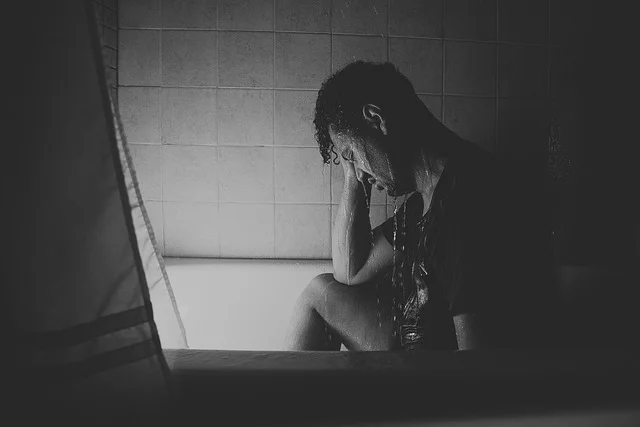
If you have been prescribed Librium, it’s because a medical professional has decided that it is the best way to treat an alcohol addiction.
Librium does have some side effects that you need to be aware of, but these do not effect everyone who takes it.
As a result of the above, it’s important to discuss these things with your doctor to see if you’re at risk at all.
The side effects include:
- Feeling dizzy/lightheaded
- Constipation
- Headaches
- Blurred vision/disrupted vision
- Feeling nauseous
- Vomiting
These are the less severe side effects that you may experience if you have been prescribed it.
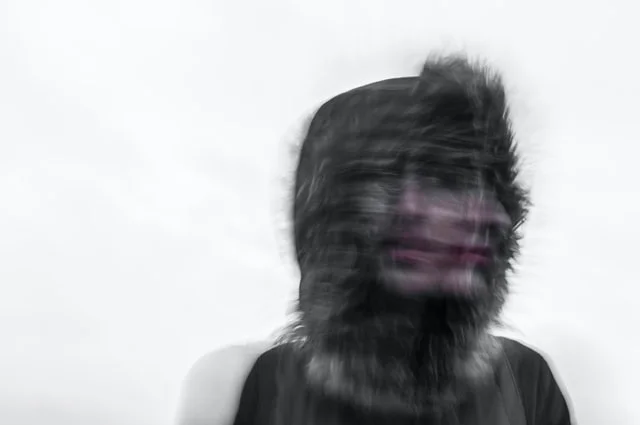
However, you should reach out to a doctor immediately if you have any of the following symptoms:
- Insomnia
- Hallucinations
- Slurred speech
It’s also important to note that if you feel the urge to take more, or if you desire a higher dosage, you should discuss this with your doctor.
What If I Relapse With Librium?

Librium is designed to treat alcohol withdrawal – and unlike medications such as disulfiram or naltrexone, it won’t make alcohol unpleasant to drink.
You can overdose on Librium, which it’s why it’s so important to only take this under strict medical guidance during an alcohol detoxification.
Should you relapse on alcohol whilst you’re using this detoxification medication, you need to get in touch with doctors immediately.
This is because it can be fatal if you mix Librium and alcohol.

You will most likely feel extreme exhaustion, have trouble breathing, fall into a coma and possibly even die.
As such, if you feel the urge to drink whilst you are taking Librium, you need to discuss this with a medical professional.
This is so that a better substance can be found to assist with your detoxification.
Am I Taking Too Much Librium?

If you are taking the recommended dosage that has been prescribed by a doctor, then you are taking the right amount.
It should also be noted that if you have been prescribed Librium, then it’s likely you’ve been prescribed the lowest dosage you need during your detox.
If you have exceeded the required dosage then it’s important to get in touch with a medical professional immediately.
An overdose in Librium can be deadly, and given the addictive tendencies of this medication, it’s important to get help as soon as possible.
I’m No Longer Addicted To Alcohol, But I’ve Become Addicted To Librium

If you have developed a Librium addiction, it’s important to get help.
You have probably already overcome an alcohol addiction, so you know that treatment for a Librium addiction is not impossible.
With the right staff and treatment centres, you will be able to get through this.
Librium falls into the benzodiazepine category and as such, there are many different treatment options to help you through this.
Between 2016 – 2017 it was found that 16,103 individuals were in treatment for an addiction to benzodiazepine.
As such, you’re not going to be alone if you are struggling with this, as many other people are in the same position.
What Are The Signs Of Addiction?

If you have an addiction to Librium, there are various signs that you will be able to see:
- You have an intense craving to have more of the substance
- You are spending all your money on the substance
- You are hiding your behaviour from friends and family
- You may feel intense shame about how much you’re taking
- You are regularly forgetting things
- You are feeling frustrated
- You are feeling anxious
You may recognize some of the signs from an alcohol addiction, and as such it’s so important to get immediate help if you fear that you are becoming addicted.
Someone I Care About Was Prescribed Librium, Should I Be Worried?
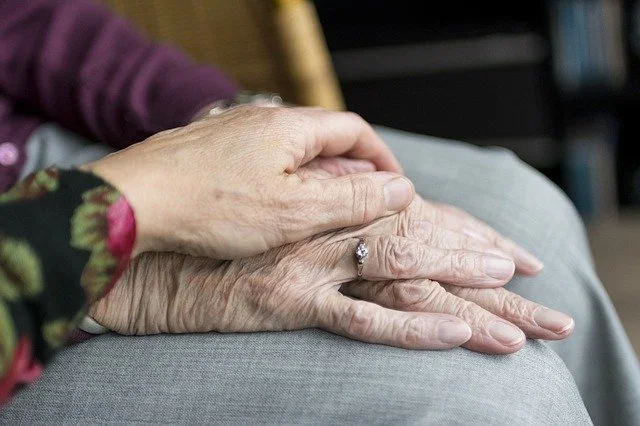
If a loved one has been prescribed Librium as part of their recovery journey, it’s because a medical professional has decided that it is the best way to treat their withdrawal.
Should the person also be at a rehabilitation centre, it is unlikely they will become addicted to the substance as they will be monitored and cared for.
Librium is still very effective at treating alcohol withdrawal, despite its addictive tendencies.
As such, it’s important not to worry if a loved one has been prescribed it.
However, if you have noticed that someone you care about has been taking Librium outside of an alcohol addiction treatment, you may wish to look out for these signs:
- Trying to register at various GPs/pharmacies
- Secretive with their internet/search history
- Amnesia
- Anger issues
- Withdrawing from social settings
- Intense sweating
- Rapid heart rate
If you notice any of the following signs, get in touch with us today and we can look into some options to support you and your loved one.
Getting Help Today

If you have an alcohol addiction, a Librium addiction, or both, get in touch with us today.
We can offer expert advice on finding the right treatment for you, and help you begin the admissions process.
With the right help, even the worst addictions can be overcome.


